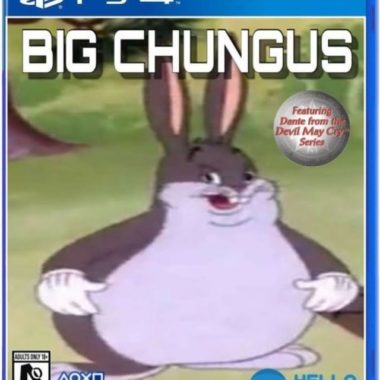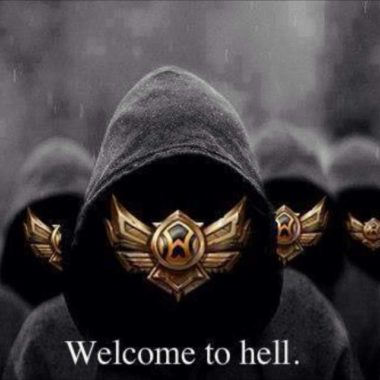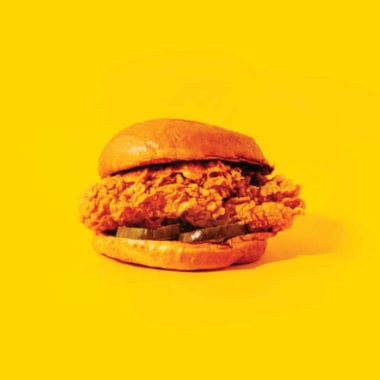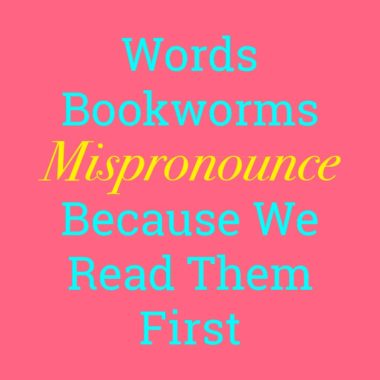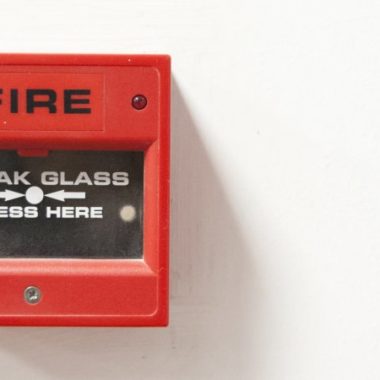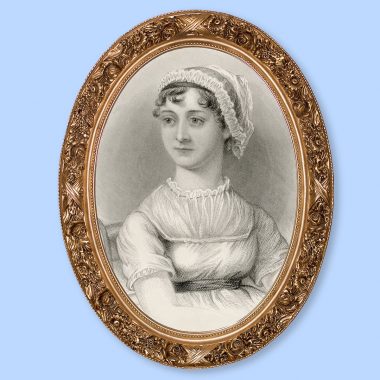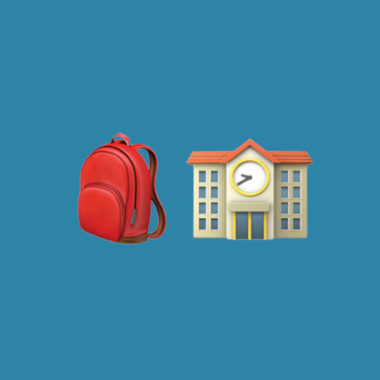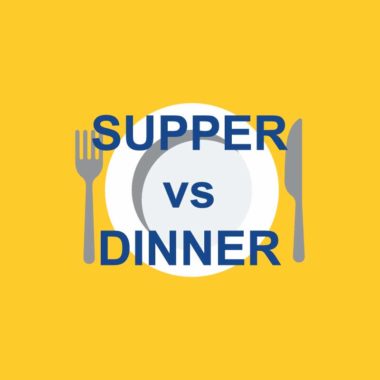Archives
-
Chungus is a meme featuring a chunky version of the cartoon character Bugs Bunny, typically captioned Big Chungus. It began as gaming joke that spread online as a slang term for anything "(adorably) chunky," similar…
-
ELO Hell
ELO Hell is a situation in video games where more skilled players—and their rankings—are dragged down or unable to advance because of poor teammates. -
break the glass
The expression break the glass refers to doing something in case of an emergency, particularly in medical or fire contexts. It's commonly used ironically, or as a metaphor to describe an emergency situation.
